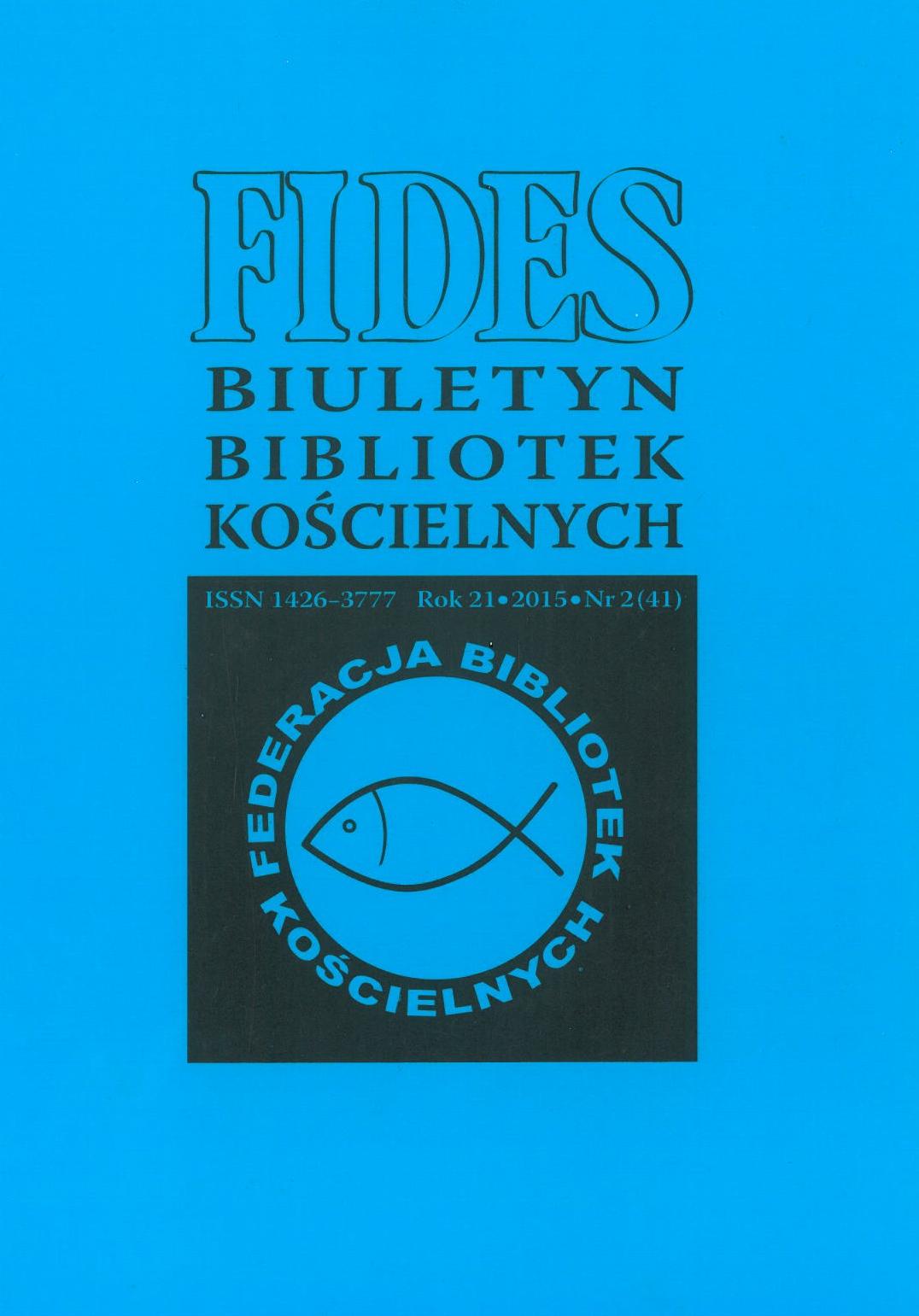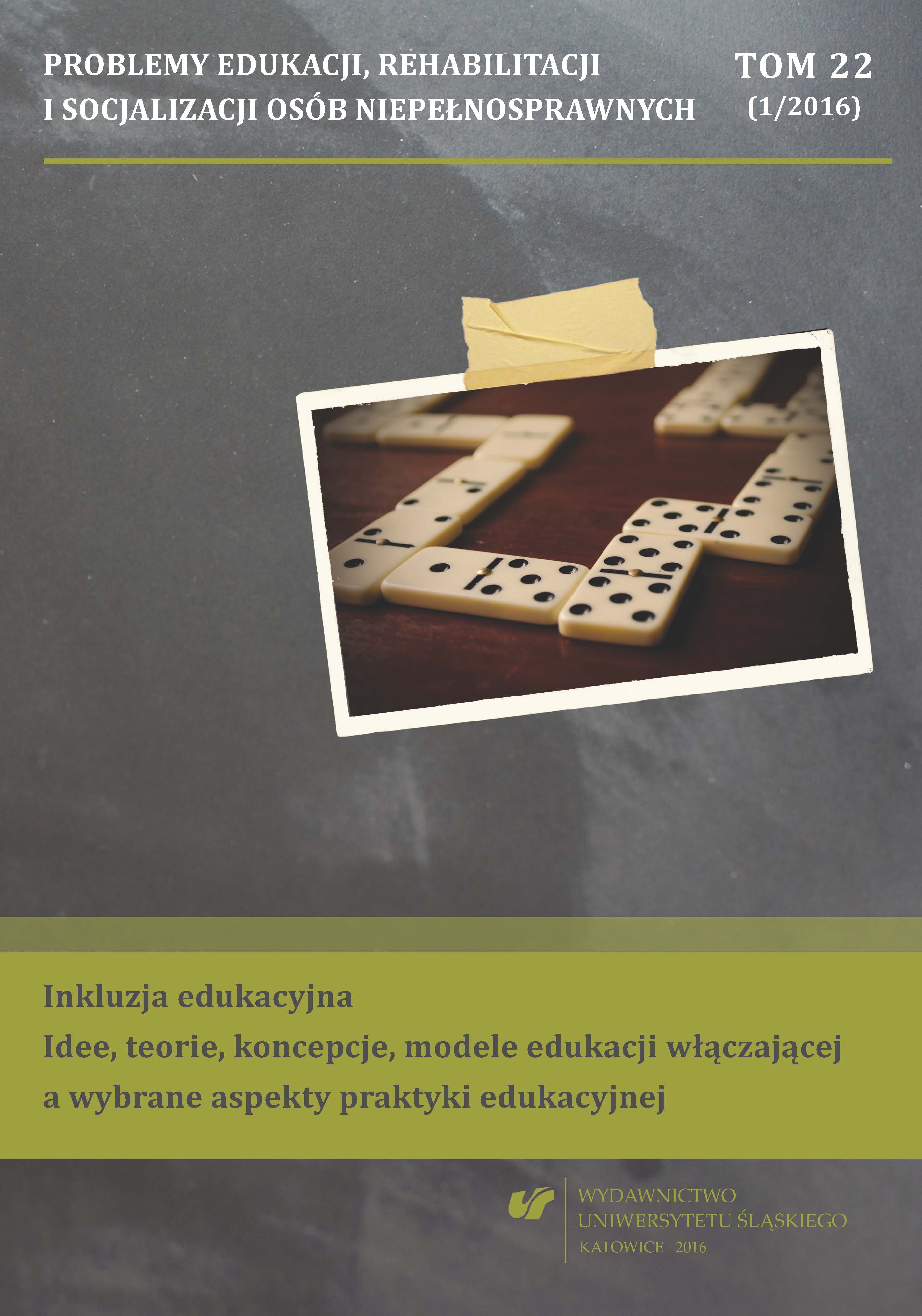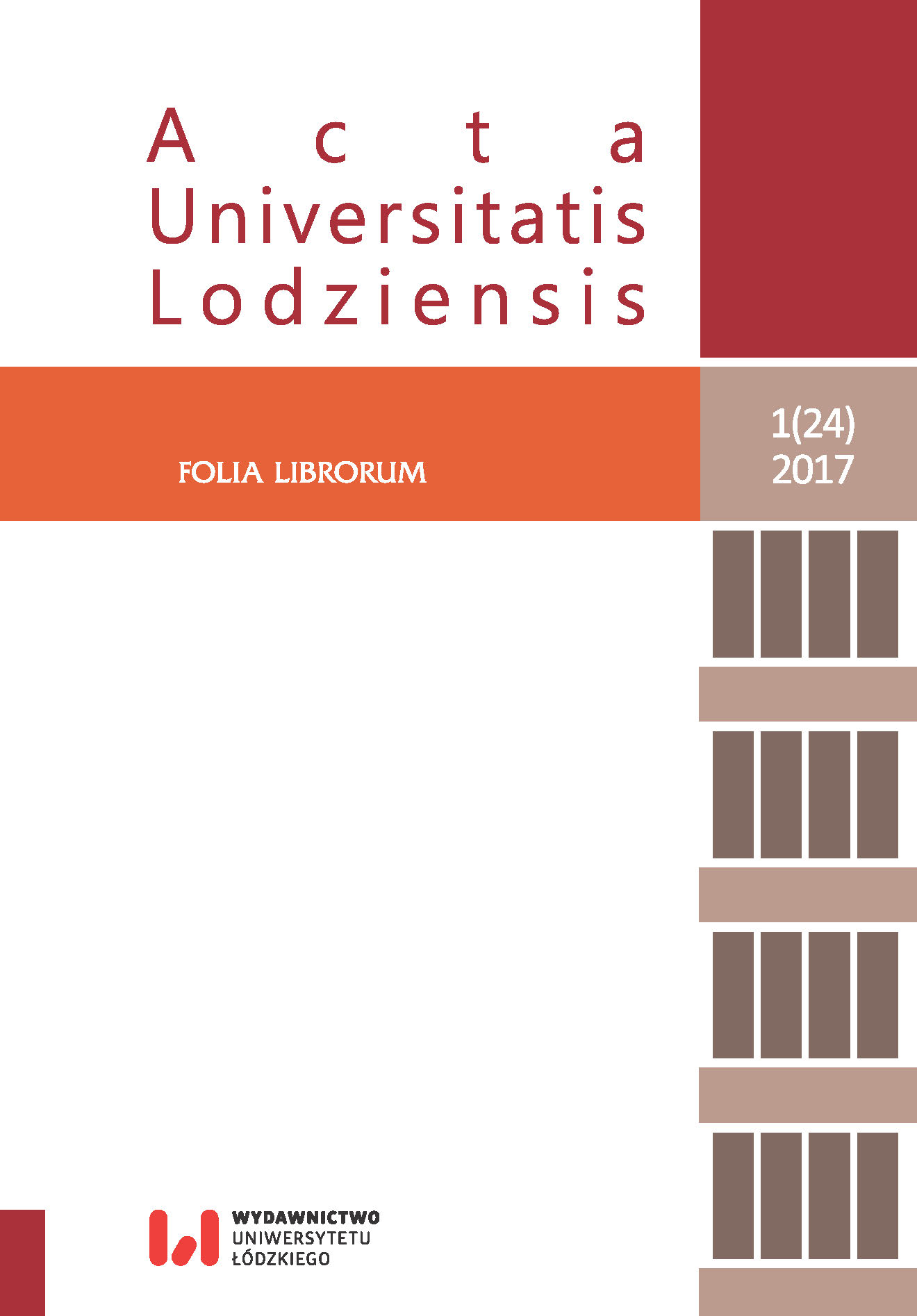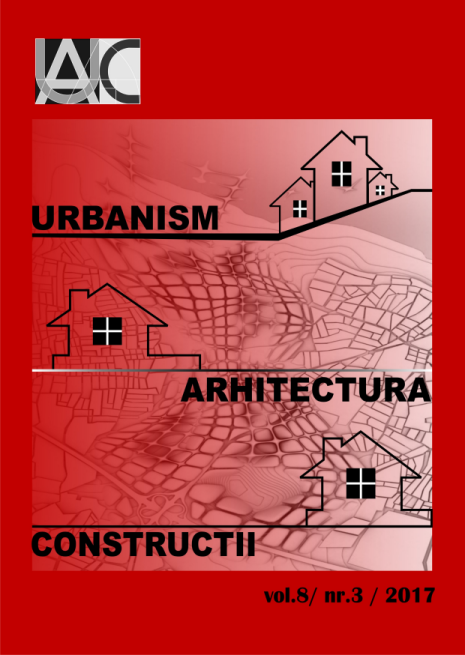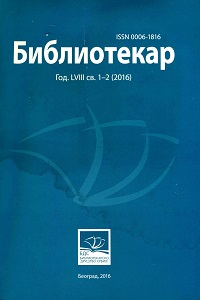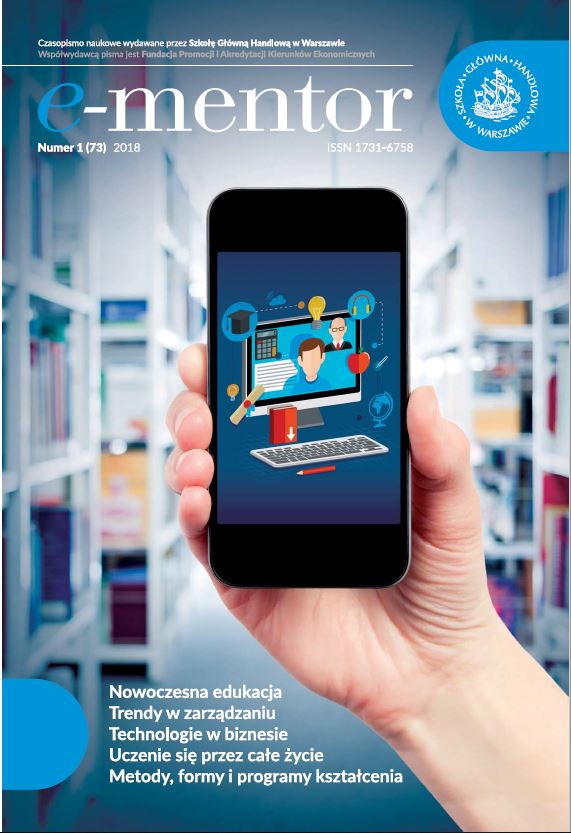Technology and media preferences:
The paper studies the state of awareness of information literacy and media literacy in Albania and the role of libraries in raising their capacity in fostering use of technology and media and practicing polices of life-long learning (LLL) and education. There is an urgent need in Albania to raise the awareness of information and media literacy issues in the new realities and the skills needed to navigate, evaluate, and use information and technology. The role of the libraries and other institutions is of great importance and impact when it comes to assisting users of all levels not only to find but also to evaluate and use information properly for professional and daily life decisions. This research and the surveys done in Fier Public Library during 1995-2012, will bring a contribution to a greater understanding of the situation in most of the public libraries in Albania and the impact that information, media, and new technologies have in our daily life. The purpose of the research is to raise the awareness of all the stakeholders in Albanian society on its importance for future development. The research has shown that libraries, librarians, and other stakeholders of the society lack understanding on information and media literacy as well as the right infrastructure to support the development of information and communication technology (ICT).
More...
